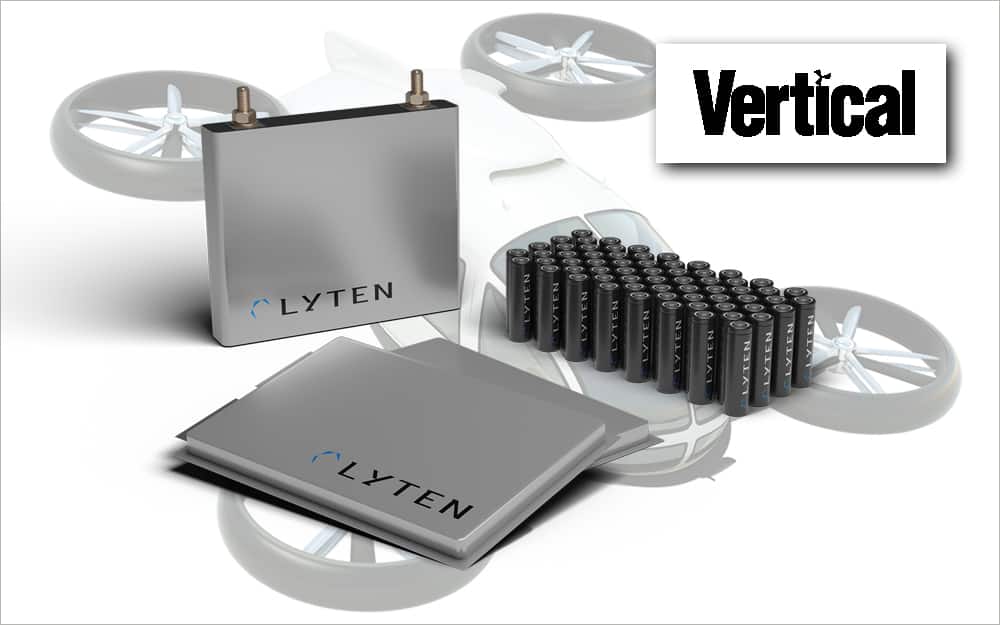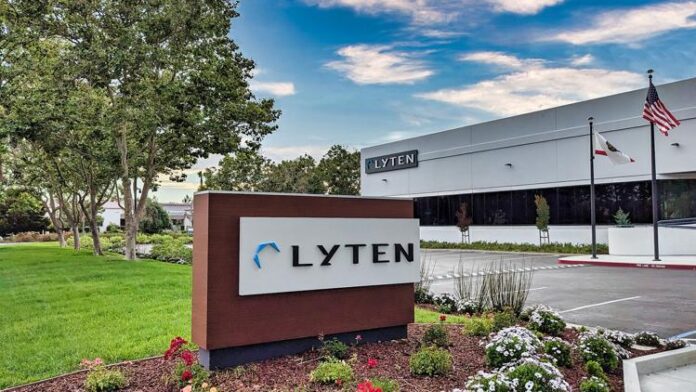The electric vehicle (EV) battery startup Lyten is poised to revolutionize the industry with its lithium-sulfur (Li-S) battery technology. Backed by a recent $200 million funding round featuring prominent investors like Prime Movers Labs, Stellantis, FedEx, and Honeywell, Lyten plans to launch an automated pilot line in San Jose, California, and begin shipping its lightweight, energy-dense batteries by 2024. What sets Lyten apart is its commitment to eliminating key minerals commonly found in traditional lithium-ion batteries, potentially making its batteries more efficient, cost-effective, and environmentally friendly. This article explores Lyten’s Li-S technology, its advantages over lithium-ion batteries, funding, partnerships, production challenges, and sustainability efforts.
Lyten’s Lithium-Sulfur Technology
Lyten’s innovative Li-S battery technology offers advantages over lithium-ion batteries. It boasts higher energy storage capacity, which could significantly enhance the range and performance of electric vehicles. Additionally, Li-S batteries do not rely on minerals like nickel, manganese, cobalt, and graphite, addressing ethical and environmental concerns associated with lithium-ion batteries. Sulfur, a key component, is more abundant and cost-effective.

Lightweight and Energy Storage
Lyten aims to reduce the weight of EVs by developing lightweight Li-S batteries. These batteries offer increased energy storage potential, allowing for longer driving ranges without frequent recharging.
Eliminating Key Minerals
Lyten’s unique approach eliminates minerals found in lithium-ion batteries, potentially improving battery durability and sustainability. This move aligns with ethical and environmental considerations.
Production and Scaling Challenges
Like many EV battery startups, Lyten faces challenges in scaling up production to meet growing EV demand. The company invests in research, automation, and advanced manufacturing to address these hurdles.
Funding Trends in EV Battery Startups
Lyten’s $200 million funding round mirrors a trend of significant investments in EV battery startups. Investors recognize the potential of battery technology in the expanding EV market.

Differentiation from Competitors
Lyten focuses on battery development rather than recycling, recognizing that innovation in battery technology is essential for the EV industry. The company’s involvement in IoT sensor development sets it apart.
Battery Recycling and Sustainability
While Lyten’s primary focus is on battery development, the company acknowledges the importance of battery recycling and is researching comprehensive solutions for end-of-life battery management.
Future Prospects and Implications
Lyten’s Li-S battery technology has the potential to address range anxiety and accelerate EV adoption. The company’s commitment to continuous innovation positions it as a key player in the EV revolution.
In conclusion, Lyten’s lithium-sulfur battery technology represents a significant advancement in the EV battery industry. With its focus on lightweight design, enhanced energy storage, mineral elimination, and sustainability, Lyten aims to shape a more sustainable and efficient future of transportation as the electric vehicle revolution gains momentum.





